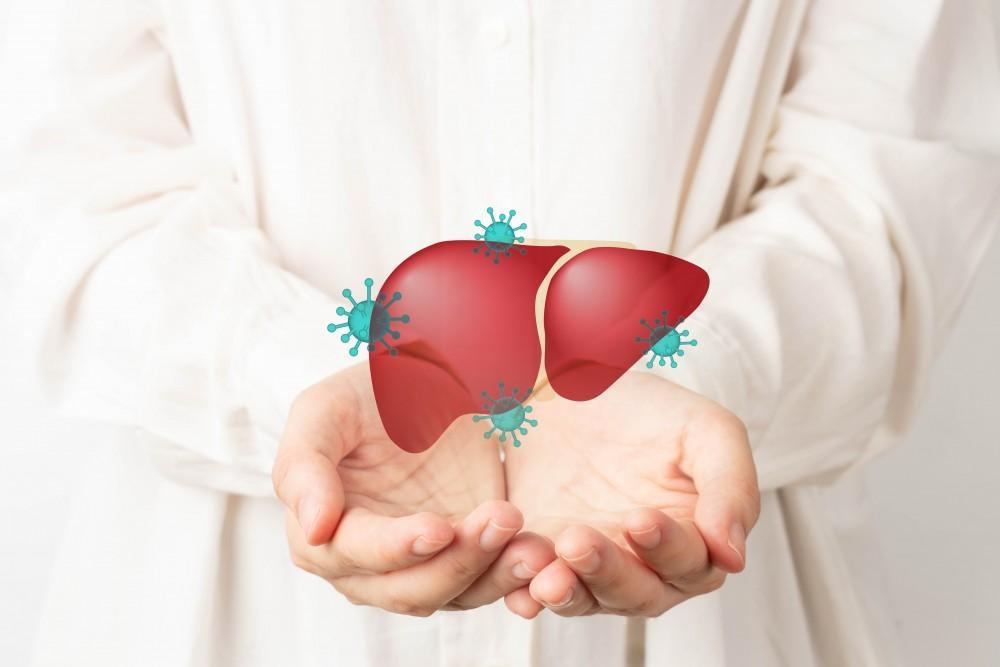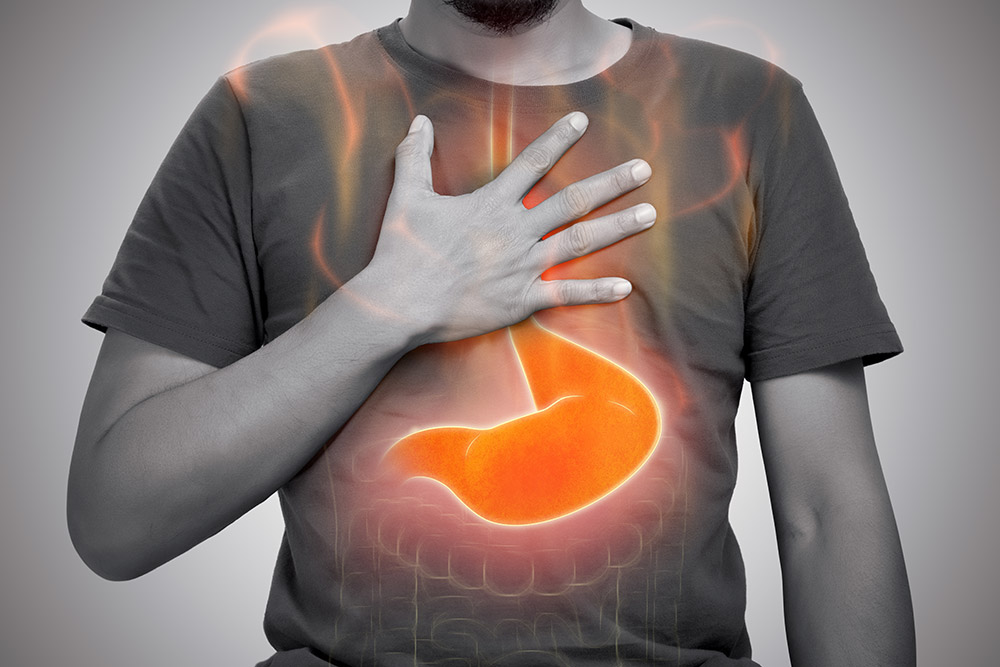What Is Rectal Cancer?
Rectal cancer is a tumor that starts in the rectum-the last 6 inches of your large intestine. It can change how you use the bathroom, cause bleeding, and lead to pain or discomfort. Finding it early makes treatment more effective at any stage.
Common Causes and Risk Factors
- Age over 50
- Family history of colon or rectal cancer
- High intake of red or processed meats
- Smoking or excessive alcohol use
- Inflammatory bowel disease (Crohn's or ulcerative colitis)
Signs and Symptoms
- Blood in your stool or on toilet paper
- Constipation or diarrhea that lasts
- Pencil-thin stools
- Abdominal cramps or belly pain
- Unexplained weight loss or fatigue
How Dr. Rishi Chadha Diagnoses Rectal Cancer
Medical History & Physical Exam
Dr. Chadha begins by reviewing your symptoms (bleeding, bowel-habit changes, pain), personal and family cancer history, and performs a gentle rectal exam.
Colonoscopy with Biopsy
A colonoscopy lets Dr. Chadha visualize the rectal lining directly. Any suspicious lesions are biopsied to confirm malignancy.
Imaging Studies
- CT Scan or MRI - evaluates tumor size, local invasion, and distant spread.
- Endorectal Ultrasound - provides detailed local staging in select cases.
Blood Tests
Measurement of tumor markers such as CEA (carcinoembryonic antigen) helps assess disease burden and guide treatment planning.
ICD-10 Coding
For accurate record-keeping and billing, rectal cancer is documented under ICD-10 code C20.
Frequently Asked Questions
What are early signs of rectal cancer?
Bleeding, ongoing bathroom changes, or belly pain.
How is stage 4 rectal cancer different?
It means the cancer has spread. Care focuses on control and comfort.
What's the survival rate for stage 4?
It varies. With today's treatments, many patients live longer and better.
What test finds rectal cancer?
A colonoscopy is the main test. A biopsy confirms it.
What is ICD-10 code C20?
It's the code for rectal cancer used in your medical file.
Can diet help prevent rectal cancer?
Yes. Eating fiber and staying active can lower your risk.
How long is recovery after surgery?
Most patients go home in 1-3 days. Full recovery takes 2-4 weeks.
Are there non-surgical options?
Yes. You may get chemotherapy, radiation, or targeted drugs.
When should I see a doctor?
If you notice bleeding or long-term bowel changes, book a visit.
Does family history matter?
Yes. If a close relative had colon cancer, start screening earlier.











